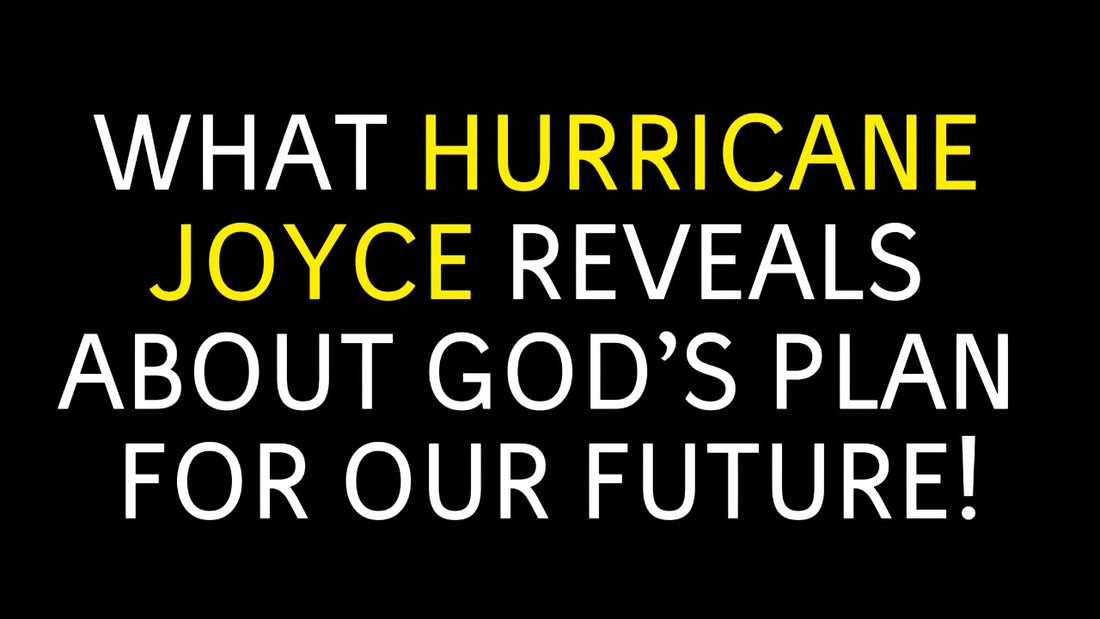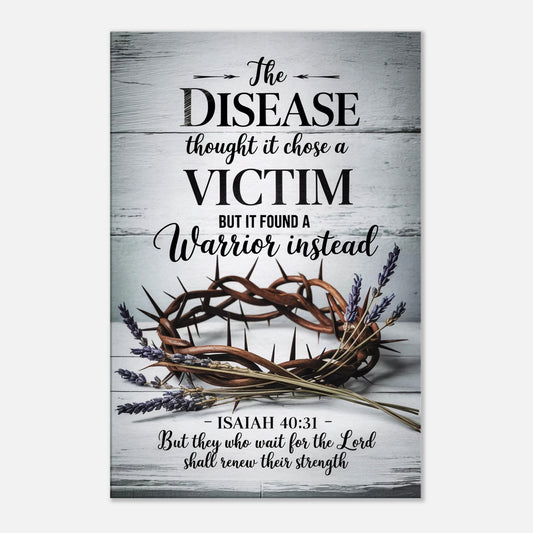
Hurricane Joyce and Gatlinburg Flooding: A Theological Perspective
Natural disasters, like Hurricane Joyce and the Gatlinburg flooding, often leave us with more questions than answers. I've personally experienced moments of fear and confusion when faced with unexpected events. But I've also seen firsthand how faith can provide an anchor during such times. In this article, I want to explore the theological perspectives on natural disasters, particularly focusing on Hurricane Joyce and the Gatlinburg flooding, and how we, as believers, can find hope and resilience through our faith.
Understanding Natural Disasters Through the Lens of Theology
The occurrence of hurricanes, floods, and other natural disasters often brings up a challenging question: If God is sovereign, why does He allow such tragedies to happen? This question is central to the theological concept known as theodicy. Theodicy seeks to reconcile the existence of a loving, all-powerful God with the presence of suffering and evil in the world. It’s not an easy topic to navigate, but it’s one that many of us wrestle with, especially during times of crisis.
From a biblical perspective, natural disasters can be seen as a reminder of the fallen state of our world due to sin. Romans 8:22 tells us, “For we know that the whole creation has been groaning together in the pains of childbirth until now.” This groaning reflects the world’s longing for redemption and restoration. While this might not provide immediate comfort to those suffering, it can offer us a way to understand that even creation itself is yearning for the day when all things will be made new.
Theodicy of Natural Disasters: A Biblical Perspective
The Bible presents various accounts of natural disasters, such as the Great Flood in Genesis and the plagues in Egypt. These events were sometimes used as instruments of divine judgment, but they also served as opportunities for repentance and spiritual renewal. In the case of Hurricane Joyce and the Gatlinburg flooding, rather than viewing these events as divine punishment, it might be more helpful to see them as a call for the Church to respond with compassion and to reflect God’s love through action.
Finding Hope in the Midst of Tragedy
During Hurricane Joyce, I remember hearing testimonies of people who had lost everything but still found a reason to hope. Hope doesn’t mean ignoring the pain or pretending everything is fine. It’s about acknowledging the reality of the situation while holding on to the belief that God is present with us, even in the darkest of times. Psalm 34:18 reminds us, “The Lord is near to the brokenhearted and saves the crushed in spirit.”
This hope can manifest in many forms: a neighbor offering shelter, a church providing meals, or a community coming together to rebuild. Through these acts of kindness, we witness the hands and feet of Jesus at work. For those of us who weren’t directly affected, these events serve as a call to action, urging us to extend a helping hand.
The Church’s Role in Disaster Relief
As believers, we are called to be a light in times of darkness. When disasters like Hurricane Joyce or the Gatlinburg flooding strike, it’s the Church’s mission to provide both physical and spiritual aid. After all, James 2:15-17 encourages us to not only offer well-wishes but to also meet the tangible needs of those around us: “If a brother or sister is poorly clothed and lacking in daily food, and one of you says to them, ‘Go in peace, be warmed and filled,’ without giving them the things needed for the body, what good is that?”
The Church can serve in several capacities:
- Offering Shelter and Basic Necessities: Many churches open their doors as temporary shelters during disasters, providing food, clothing, and a place to stay.
- Emotional and Spiritual Support: Pastors and ministry leaders often play a crucial role in offering counseling and spiritual guidance to those grappling with loss and grief.
- Community Rebuilding Efforts: After the immediate crisis passes, the Church can contribute to long-term recovery by organizing rebuilding projects and providing resources for those displaced.
Faith and Resilience in the Aftermath of Disaster
One of the most powerful aspects of faith is its ability to foster resilience. Resilience doesn’t mean we don’t feel pain or struggle; rather, it’s the capacity to recover and keep going. For those affected by Hurricane Joyce and the Gatlinburg flooding, resilience might look like rebuilding homes, planting new crops, or finding new ways to support their families.
Isaiah 40:31 provides a promise for those feeling weary: “But those who hope in the Lord will renew their strength. They will soar on wings like eagles; they will run and not grow weary, they will walk and not be faint.” This verse has been a source of strength for me personally during difficult times, and I pray it will be for you as well.
Social Justice and Environmental Stewardship
Natural disasters also raise important questions about environmental stewardship and social justice. As Christians, we are called to care for God’s creation (Genesis 2:15) and to speak out for those who are vulnerable (Proverbs 31:8-9). The devastation caused by Hurricane Joyce and the Gatlinburg flooding has disproportionately affected lower-income communities, highlighting the need for the Church to advocate for policies that protect the environment and support those in need.
Our role as stewards of God’s creation means that we must be mindful of how our actions contribute to climate change and environmental degradation. This is not about political agendas but about honoring God’s command to “tend and keep” the earth.
Rebuilding Together: The Power of Community
In the aftermath of Hurricane Joyce and the Gatlinburg flooding, the rebuilding process can be daunting. Yet, it is often in these moments of hardship that communities grow stronger. I’ve seen it in my own life—how adversity can bring people together in ways we never imagined.
If you are reading this and you’ve been affected by these or other disasters, know that you are not alone. The body of Christ is here to support you, to pray for you, and to walk alongside you. Let’s continue to lift up those who are hurting and extend God’s love to them in practical ways.
Final Thoughts: Divine Providence and Trust
It’s difficult to see God’s hand when we’re in the midst of a storm, both literally and figuratively. But looking back, we often realize that He was guiding us all along. Trusting in God’s divine providence means believing that He is in control, even when everything around us seems to be falling apart. He has a purpose for each of us, and through our faith, we can become beacons of hope in a world that desperately needs it.
So, as we reflect on Hurricane Joyce and the Gatlinburg flooding, let’s be reminded of the Church’s mission to bring hope, healing, and restoration to those in need. May we all strive to be agents of God’s love and grace, providing comfort and support in times of crisis. For those who have lost much, there is still hope. God is with you, and He is working all things for good.




